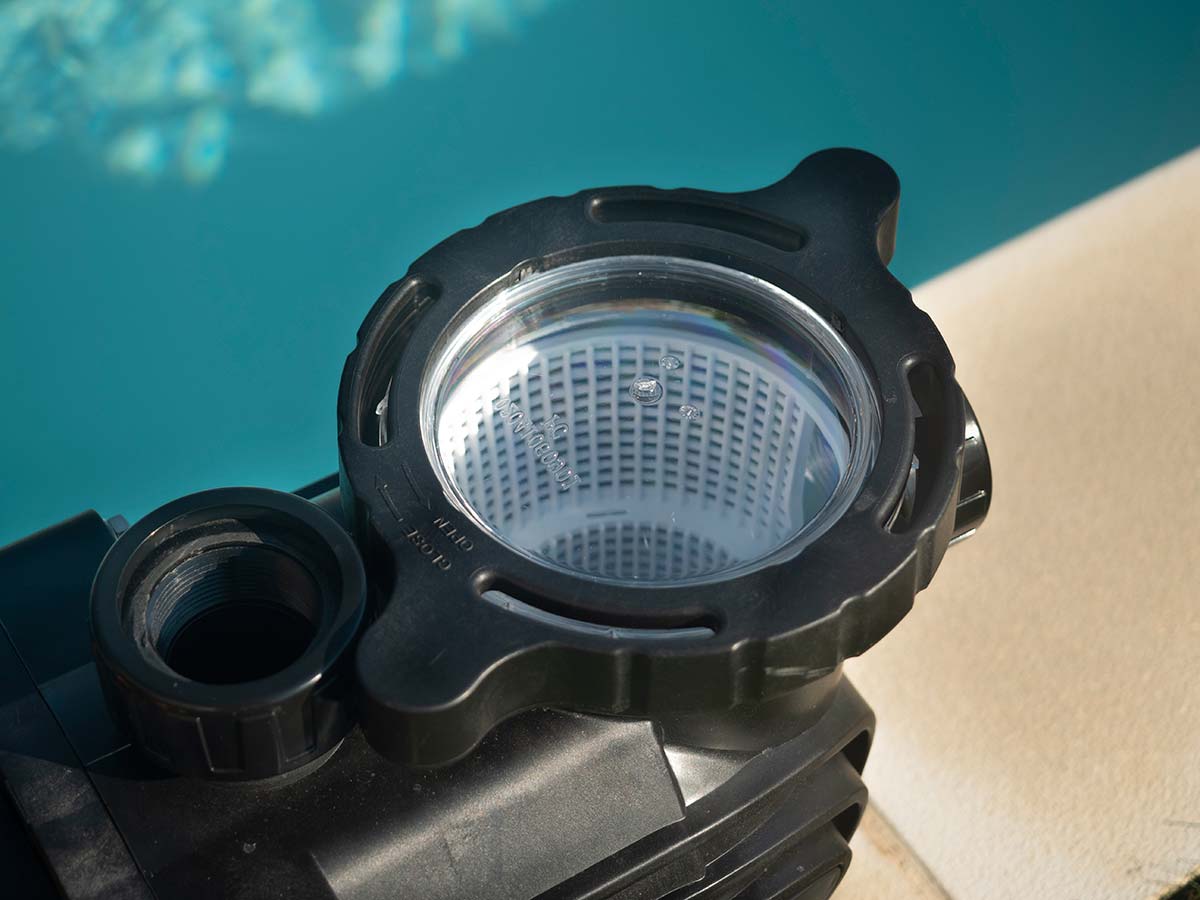Pool Filtration Pump Power Calculation: Complete Guide

Wpump, a specialist in pool filtration, guides you step by step in the crucial choice of the right pump for your pool. Determining the necessary power is an essential step to ensure optimal filtration and an impeccable swimming experience. This ultra-comprehensive guide will accompany you step by step in the precise calculation of the ideal power for your filtration pump.
1. Determine Your Pool Volume Accurately:
Mathematical Formulas:
• Rectangular Pool: Length x Width x Average Depth
• Oval Pool: Maximum Length x Maximum Width x Average Depth x 0.75
• Round Pool: Diameter x Diameter x Average Depth x 0.785
Online Measurement Tools:
Many websites and applications offer intuitive and accurate pool volume calculation tools.
Wpump professional resellers are also available to assist you in accurately calculating your pool volume, taking into account its specificities.
2. Refine the Choice of the Appropriate Flow Rate:
The pump flow rate corresponds to the amount of water it can filter in one hour.
• Minimum Flow Rate: Pool Volume / 8 (complete renewal in 8 hours)
• Optimal Flow Rate: Pool Volume / 4 (complete renewal in 4 hours)
Concrete Example:
For a pool of 50 m³, the minimum required flow rate is 6.25 m³/h (50 m³ / 8) and the optimal flow rate is 12.5 m³/h (50 m³ / 4).
3. Calculate the Pump Power Accurately:
The pump power is expressed in horsepower (HP) and is directly related to the flow rate.
Approximate Formula: Power (HP) = Flow Rate (m³/h) / 3
Example:
For a flow rate of 12.5 m³/h, the approximate power of the pump is 4.17 HP (12.5 m³/h / 3).
4. Refine the Calculation Taking Into Account Key Factors:
• Head Loss: The length, diameter, and number of elbows of the pipes, as well as the presence of accessories (valves, skimmers, etc.), can generate head losses. It is crucial to evaluate them and add them to the flow rate calculated previously.
• Filter Type: The required power may vary depending on the type of filter used (sand, cartridge, diatomaceous earth, etc.).
• Climate and Usage: If you live in a hot region or use your pool, it is advisable to choose a slightly more powerful pump to ensure optimal efficiency in all circumstances.
• Energy Efficiency: Prefer high-energy efficiency pumps (energy class A or B) to reduce your electricity consumption and bills.
5. Benefit from Wpump's Expertise for an Optimal Solution:
Wpump recommends consulting a pool filtration expert to validate your pump choice and offer you the solution best suited to your needs. Our professional resellers will take into account the characteristics of your pool, your requirements, and your budget to offer you a performant and economical pump.
Wpump, your pool partner:
Wpump offers a wide range of high-quality filtration pumps for pools of all sizes and types. Feel free to contact us for personalized advice and benefit from professional expertise.
Useful Information:
• Head Loss Calculator
• Choosing the Filter Type
• High-Efficiency Energy Pumps
